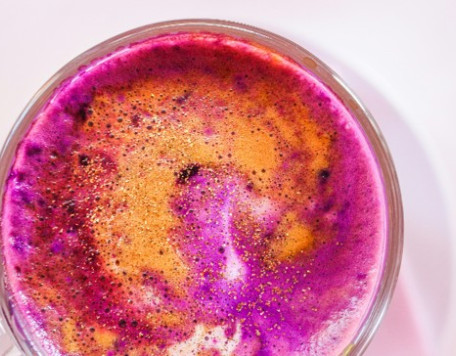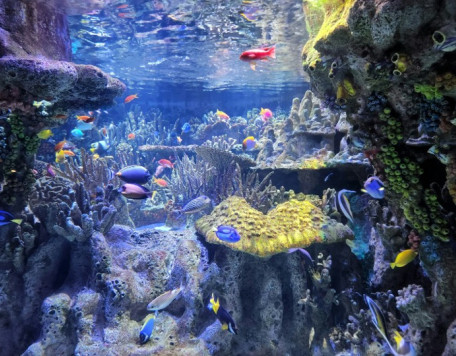© Pint of Science, 2025. All rights reserved.
Have you ever wondered why in a pint of Guinness, the bubbles seem to go down when they actually go up? Or how two melting glaciers flow parallel without ever mixing? At the microscale the physics of water go haywire! If you were the size of a bacterium, swimming in water would feel like swimming in honey! Come and find out more at our event on May the 14th. It is a small world, after all... Kindly supported by the Public Engagement Unit.
Science, Schools and Me
Ian B Dunne
(Science Presenter, Educational, Entertaining Science Showman)
Science, Schools and Me will be presented by Ian, who has more than 20 years experience working at the leading edge of science presentation in schools. His talk will be relating to some of his most bizarre experiences in schools, some great questions that have been asked and a couple of his favourite demos.
Lab-on-a-chip: making models of our lungs in the lab
Dr Emily Swindle
(Associate Professor in Pharmacology)
Our lungs are amazing. In addition to the vital function of breathing, they form a protective barrier that stops bugs and dust from entering deeper into our bodies. However, for many millions of people with chronic lung diseases, such as asthma, the cells that form this protective barrier do not function properly. Working with engineers and physical scientists, my research utilises lab-on-a-chip technology to create automated, miniaturized devices (1p size) which contain living human lungs cells to monitor responses in real-time and aid development of new drug treatments for lung disease.
Event host - Tony Curran
Environmental Science Communicator and Public Engagement specialist at the University of Southampton (for further information see www.tonycurran.co.uk)
Map data © OpenStreetMap contributors.
Other Stein Garten events
2025-05-19
Microscopic World
Stein Garten
46-47 High Street, Southampton, SO14 2NS, United Kingdom
2025-05-20
Visible World
Stein Garten
46-47 High Street, Southampton, SO14 2NS, United Kingdom



